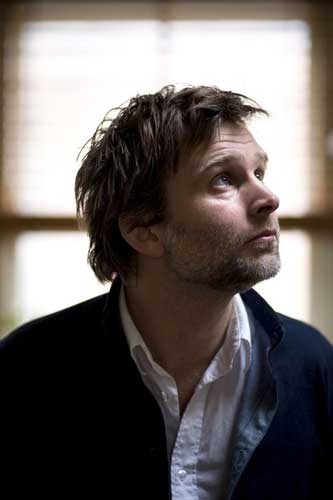Your support helps us to tell the story
In my reporting on women's reproductive rights, I've witnessed the critical role that independent journalism plays in protecting freedoms and informing the public.
Your support allows us to keep these vital issues in the spotlight. Without your help, we wouldn't be able to fight for truth and justice.
Every contribution ensures that we can continue to report on the stories that impact lives

Kelly Rissman
US News Reporter
A brothel in Slough, a porn-film shoot in Peterborough, a swingers' club in Sheffield – unlikely locations for some beautiful and tender photographs, but these are the sort of places featured in the 41-year-old photographer Michael Grieve's first book No Love Lost, which will be published by Images En Manoeuvres Editions next year.
Newcastle-born Grieve started working as a photographer for the music press in the 1980s before studying for an MA in photography at the University of Westminster. Among his influences he cites the American William Eggleston and the Briton Chris Killip – whose 1980s book In Flagrante, which documented the effects of the de-industrialisation of the North East, had a particularly powerful effect on him. "It's simply one of the best books ever."
"Sex is a great motivator," Grieve says. He's interested in how people can engage in something so intimate which at the same time can mean absolutely nothing – as well as how this reflects on how we as "outsiders" (presumably!) behave and "perform" in our own private lives. He has spent the past six years travelling Britain photographing sex and the industry that surrounds it in its many forms. As well as the tender portraits, there are unsettling photographs too – disturbing in their sense of the ugliness, the emptiness and banality of some of the situations. "I wanted each photograph to be a different experience, as you go through the book you move from tender to cruel moments."
He prefers film over digital – "I can't deal with all that". Although he is a contributing editor to the online contemporary photography magazine 1,000 Words, he believes that the book is the natural home for photography. "It's the whole experience, a place to contemplate".
Subscribe to Independent Premium to bookmark this article
Want to bookmark your favourite articles and stories to read or reference later? Start your Independent Premium subscription today.

Join our commenting forum
Join thought-provoking conversations, follow other Independent readers and see their replies
Comments